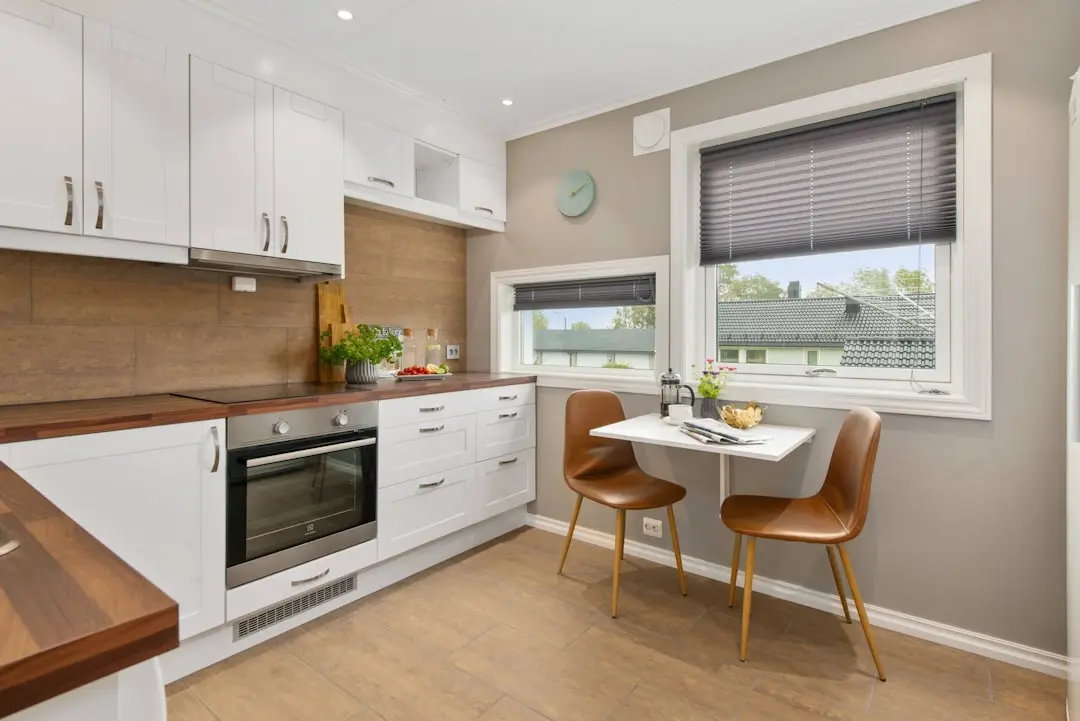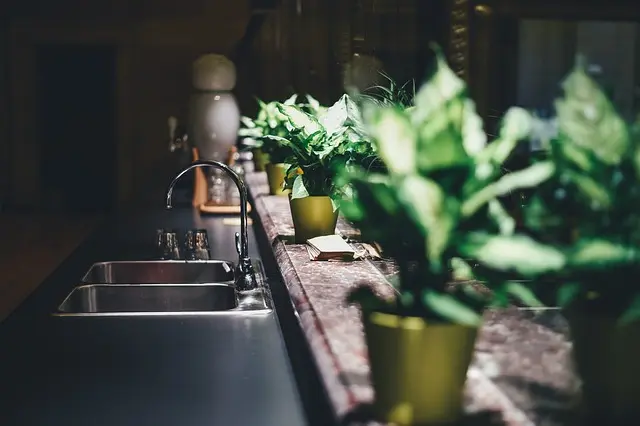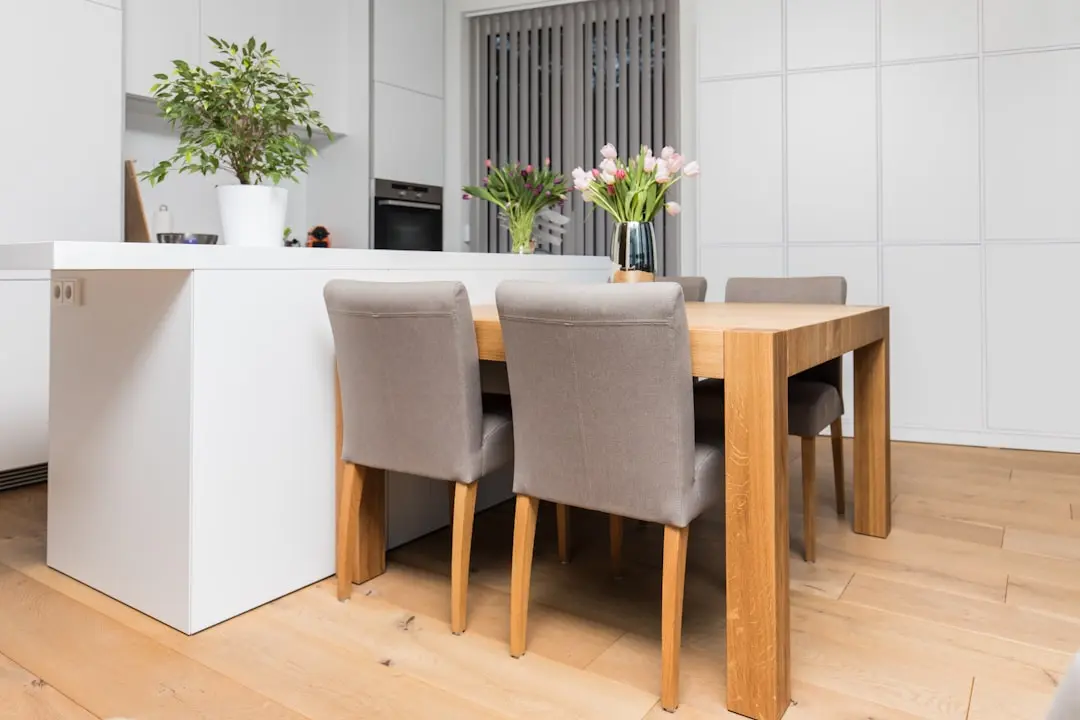
Sustainable Sourcing of Sustainable Plywood
Plywood is often sourced from responsibly managed forests, which are certified by organizations such as the Forest Stewardship Council (FSC) or the Programme for the Endorsement of Forest Certification (PEFC). When plywood comes from sustainably managed forests, it is considered a sustainable material because these forests are managed with ecological balance and long-term sustainability in mind. The sustainability of sourcing a certain wood depends on the timber trees’ population and lifespan, which highlights the importance of selecting appropriate species for plywood production.
Wood is a renewable resource, making plywood an environmentally friendly choice when compared to non-renewable materials. Plywood is a renewable resource when forests are managed responsibly, ensuring that harvested trees are replaced and forest ecosystems are preserved. Sustainable forest management practices, such as reforestation, selective logg
Choosing plywood sustainable options, such as those certified by FSC or PEFC, supports eco-friendly construction and helps reduce environmental impact. The environmental impact of plywood sustainable practices should be considered across the entire life cycle, from sourcing and manufacturing to use and disposal. The manufacturing process of plywood is more energy-efficient compared to other building materials, further enhancing its sustainability credentials.
ing, and biodiversity conservation, are essential for maintaining a continuous supply of wood. Responsible management of forests is crucial to ensure the long-term sustainability and environmental benefits of plywood production. However, unsustainable logging practices can lead to deforestation, soil erosion, and the destruction of wildlife habitats, emphasizing the need for responsible sourcing.

Forest Management Certification
Forest management certification is a vital component in ensuring that sustainable plywood truly lives up to its eco-friendly promise. Certifications such as the Forest Stewardship Council (FSC) and the Programme for the Endorsement of Forest Certification (PEFC) set rigorous standards for responsible forest management. When you choose certified sustainable plywood, you can be confident that the wood comes from responsibly managed forests where sustainable forestry practices are a top priority. These certifications help maintain the ecological integrity of forests, protect biodiversity, and support the well-being of local communities. An FSC certification ensures that the wood in your plywood comes from responsibly managed forests that provide environmental, social, and economic benefits.
By supporting certified sustainable plywood, homeowners contribute to sustainable forest management and help reduce the overall carbon footprint associated with plywood production. Forest certification also encourages the use of renewable resources and discourages the depletion of non renewable resources, ensuring that forests remain healthy and productive for generations to come. Opting for plywood products with FSC or PEFC certification is a simple yet powerful way to minimize environmental impact and promote a more sustainable future. Additionally, plywood has been shown to store biogenic carbon, which can help mitigate climate change if sourced sustainably.
Reduced Environmental Impact and Carbon Footprint
 Plywood is often considered an eco-friendly building material due to its efficient use of wood and ability to utilize fast-growing, renewable resources, helping to lower the overall environmental impact of the manufacturing process. The emissions associated with plywood production, including those from transportation and processing, play a significant role in its total environmental footprint. Additionally, resource consumption—such as the use of adhesives and energy—directly affects the overall environmental impacts of plywood, influencing factors like greenhouse gas emissions and pollution. Plywood production involves significant greenhouse gas emissions primarily from electricity consumption and adhesives, which highlights the importance of improving energy efficiency and material choices.
Plywood is often considered an eco-friendly building material due to its efficient use of wood and ability to utilize fast-growing, renewable resources, helping to lower the overall environmental impact of the manufacturing process. The emissions associated with plywood production, including those from transportation and processing, play a significant role in its total environmental footprint. Additionally, resource consumption—such as the use of adhesives and energy—directly affects the overall environmental impacts of plywood, influencing factors like greenhouse gas emissions and pollution. Plywood production involves significant greenhouse gas emissions primarily from electricity consumption and adhesives, which highlights the importance of improving energy efficiency and material choices.
Sustainable forestry practices ensure that wood is harvested in a way that maintains the long-term vitality of forest ecosystems. These practices help reduce greenhouse gas emissions and carbon emissions by promoting responsible land management and minimizing deforestation. Choosing plywood from sustainably managed forests supports a greener future. Plywood production also results in a smaller carbon footprint and lower carbon footprint compared to many other building materials, contributing to climate change mitigation and reducing the environmental impacts associated with construction. However, high demand for plywood can strain forest management practices, especially for slower-growing hardwoods, making sustainable sourcing even more critical.
Renewable Resources
One of the key environmental benefits of plywood is that it is made from renewable resources. Softwood plywood, in particular, is produced from fast-growing softwood trees like pine and spruce, which can be replenished much more quickly than hardwood trees. This makes softwood plywood a highly sustainable option for kitchen cabinetry and furniture. By relying on renewable wood resources, plywood production reduces dependence on fossil fuels and other non renewable resources, helping to lower the overall environmental impact of the manufacturing process. Additionally, using plywood reduces wood waste as a higher percentage of wood from a log can be used, maximizing resource efficiency.
Sustainable forestry practices, such as reforestation and selective logging, are essential to maintaining the health and biodiversity of forests used for plywood production. These practices ensure that the extraction of raw materials does not compromise the long-term vitality of forest ecosystems. By choosing plywood made from sustainably managed softwood trees, homeowners can enjoy a durable, attractive, and environmentally friendly material that supports a greener future. Plywood has a unique cross-layered structure that increases the strength of the material, making it a reliable choice for various applications.
Durability and Longevity
Eco-Friendly Adhesives and Finishes
Eco-friendly adhesives and finishes play a crucial role in enhancing the sustainability of bespoke plywood kitchens. By using low-VOC or formaldehyde-free adhesives, which help reduce formaldehyde emissions, the environmental impact of plywood is significantly reduced, promoting a healthier living environment. These adhesives minimize harmful emissions. Low emission adhesives are specifically designed to reduce volatile organic compound (VOC) emissions and improve indoor air quality. This ensures better indoor air quality for homeowners. Reducing exposure to harmful chemicals has a positive impact on human health. Additionally, water-based finishes and paints, which contain lower volatile organic compounds (VOCs), further enhance indoor air quality while reducing the overall environmental footprint. Using low emission adhesives and finishes also helps reduce air pollution both indoors and outdoors. This approach aligns perfectly with the principles of eco-friendly kitchen design, making it an excellent choice for those who prioritize sustainability. Moreover, the use of eco-friendly materials in plywood cabinets not only supports green living but also contributes to the durability and longevity of the furniture. This means fewer replacements and less waste over time, making plywood a truly sustainable kitchen material. Plywood products are manufactured to meet strict emission standards with low VOC levels, improving indoor air quality.

Design Flexibility and Cost-Effectiveness
Plywood offers remarkable design flexibility and is a cost-effective alternative to solid wood, making it an attractive choice for eco-friendly kitchens. Plywood can be easily cut into various shapes and sizes, allowing for customizations and intricate cabinet designs. This material provides a budget-friendly option without compromising on quality or aesthetics, making it accessible for those seeking eco-friendly kitchen solutions. Plywood cabinets often offer a more budget-friendly option compared to solid wood cabinets while maintaining high quality and aesthetic appeal. This affordability makes plywood cabinets an attractive choice for those looking for an eco-friendly kitchen without breaking the bank.

Maintenance and Repair
Proper maintenance and timely repair of plywood furniture and kitchen products can greatly extend their useful life, making them an even more sustainable choice. Regular cleaning, sealing, and prompt attention to minor damage help prevent wear and tear, reducing the need for frequent replacements and minimizing waste. This approach not only conserves resources but also lowers the carbon footprint associated with manufacturing new plywood products.
Choosing plywood furniture with low VOC emissions and applying environmentally friendly finishes can further enhance indoor air quality, creating a healthier home environment. By prioritizing maintenance and repair, homeowners support sustainable forestry practices by reducing the demand for new raw materials from managed forests. This commitment to care and longevity helps foster a more circular economy, where products are used for as long as possible before being recycled or replaced. Ultimately, maintaining and repairing plywood products is a practical step toward a more sustainable future, benefiting both the environment and your home.
Conclusion
In conclusion, plywood kitchens offer numerous environmental benefits, making them an excellent choice for environmentally conscious homeowners. From sustainable sourcing and reduced environmental impact to durability, eco-friendly adhesives, and design flexibility, plywood stands out as a superior material for green kitchen solutions. By opting for plywood kitchens, homeowners can create beautiful, functional spaces that align with their commitment to sustainability and eco-friendly living. Plywood’s layered construction provides exceptional strength and stability, ensuring that cabinets can withstand the demands of everyday kitchen use. This durability results in fewer replacements and less waste over time, making plywood a truly sustainable kitchen material.
